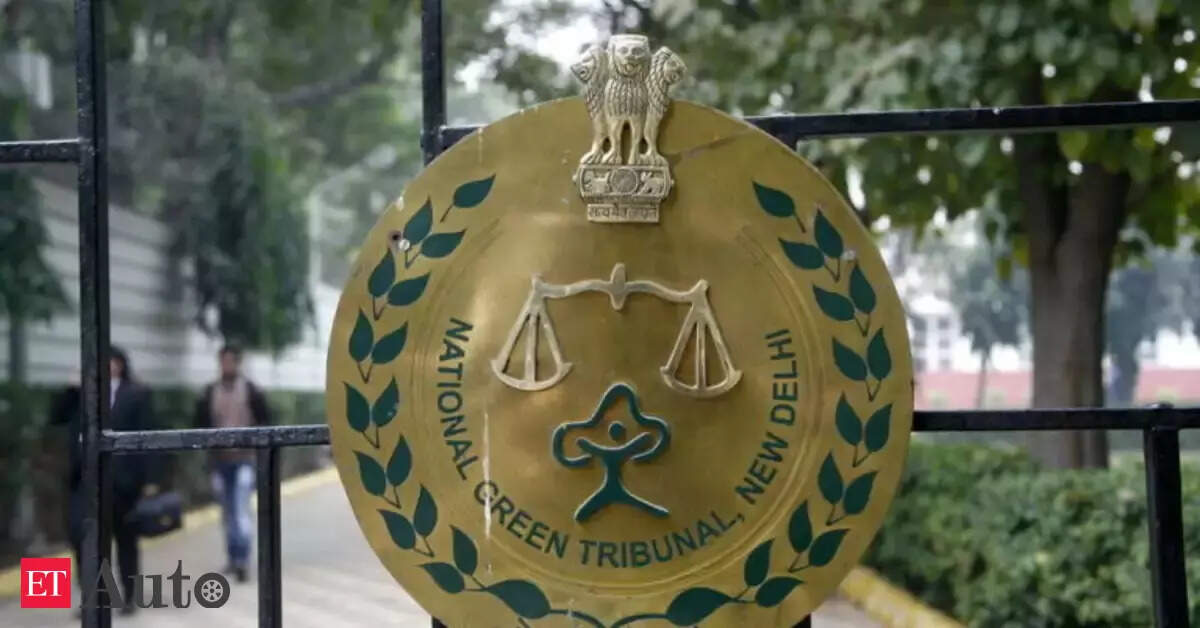
A 4.5 km-long tunnel planned to reduce traffic congestion on the approach road to Mussoorie has led to several residents expressing concern that the project, envisaged two years ago, could be an “ecological disaster” and pose a threat to the hill town.
The concerns, which were raised even when the Rs 700 crore project was announced by Union road transport and highways minister Nitin Gadkari in June 2021, have heightened following the crisis in Joshimath and recent comments by NGT which termed the tunnel as “dangerous”.
The tribunal while taking suo motu cognisance of media reports last month had said that the Joshimath disaster is “a warning for Mussoorie where unplanned construction activity is taking place beyond the town’s carrying capacity”
‘Tunnel could prove to be an ecological disaster’
The bench, headed by NGT chairperson AK Goel, had observed in its order dated January 31 that “over concretisation leads to landslides. Proposed tunnel below Mussoorie is dangerous. So is proposed ropeway from Dehradun to Mussoorie. Ropeway and tunnel have damaged Joshimath”.
Citing the Joshimath subsidence and subsequent reports by seismologists on how subsurface stress might lead to a massive earthquake in the region, Hugh Gantzer, member of a committee constituted by the Supreme Court (SC) for monitoring environmental issues in Doon valley and Mussoorie, said, “We have seen what has happened in Joshimath and since we are sitting in an earthquake-prone zone here in Mussoorie, we should not play around with the fragile environment of the Himalayas. NGT has also pointed this out in no uncertain terms. In my view, the proposed tunnel could prove to be an ecological disaster and a huge threat to Mussoorie.”
The tunnel is intended to divert traffic going towards Gangotri- Yamunotri, Uttarkashi and Kempty Fall which otherwise passes through Mussoorie and leads to congestion in the hill town’s main thoroughfare, Library Chowk. Dehradun-based environmentalist and former faculty member at National Law School of India University (NLSIU) Bangalore, Reenu Paul, said that the tunnel, if constructed, could also aggravate the water crisis in Mussoorie.
“There are multiple water sources near the proposed tunnel which would be impacted during the tunnel’s construction.” The issue was flagged by TOI in June 2021 in a report titled ‘Mussoorie tunnel could hit 65% of town’s water supply, dry up springs’. According to Jal Sansthan officials, Jincy, Bhilaru, Kandighat, Khanalti and Bansi are among the nine water springs near the tunnel that have a discharge of over 6 million litres per day, of which over 5 million litres per day is used to supply water to the town. The average water availability in the town is about 7.7 million litres per day, which means these nine springs provide about 65% of the town’s water supply.
Vikram Gupta, senior scientist at Dehradun-based Wadia Institute of Himalayan Geology, said that “a scientific study must be conducted of the area where the tunnel is being proposed…Planning for the project should be done only after considering the outcomes of the study”. Residents said they are “living under the constant fear of the possibility of the tunnel adversely impacting underground aquifers in and around the town.” Nidhi Bahuguna, a resident, said: “After seeing what is happening in Joshimath, I feel that the tunnel should not be constructed on the fragile slopes of our town. It could have a detrimental impact on the underground aquifers.”
Also Read:
